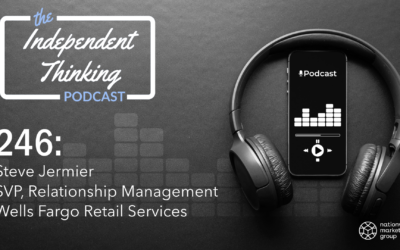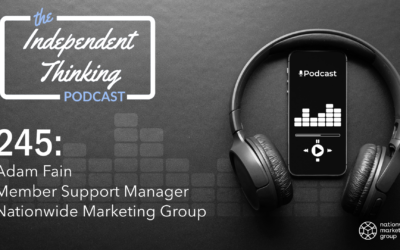In the late ’80s, when I jumped into the rent-to-own industry in Wichita, Kansas, I did not know about the headwinds that the RTO industry faced. I was just learning the business at the local store level and was not out in front of these issues. After 30-plus years in the business, I know that the industry has always battled the perception and ongoing criticism that the RTO model overcharges and takes advantage of consumers. The vocal opponents of the industry typically argue that RTO agreements are disguised as installment sale contracts, which can charge extremely high-interest rates.
This is not RTO.
One of the other misperceptions is that the rent-to-own transaction takes advantage of the uneducated consumer or the shopper with credit problems, which will then result in them paying several times more than the retail value of the products.
This is not RTO.
The rent-to-own industry has always rented household durable goods such as major appliances, furniture, electronics, and wheels and tires to all consumers looking for a no-obligation, no credit needed transaction. Most rent-to-own consumers — though not all — have no or little access to credit but still want the flexibility that comes with the RTO agreement and be able to have those basic comforts of home without being tied to a long-term credit transaction.
The RTO industry does not hide the fact that, yes, it may be more costly for the consumer to purchase household goods using the RTO transaction over the long run. But the customer is provided with many options and benefits.
The rental is typically an 18 to 24-month agreement with weekly, biweekly, or monthly payments and a 90 up to 180 days same-as-cash option to purchase the product in addition to a no penalty return option if needed. Benefits included in the rent-to-own transaction are free delivery, set up, and product maintenance with a loaner item if needed for the life of the agreement.
In addition to educating consumers on the (mis)perceptions of RTO, there are multiple legislative challenges and laws that rent-to-own dealers must pay attention to and make sure they adhere to in each state they operate. For example, multiple states have price tag disclosure statutes that require certain information to be included on each tag (i.e., rental rate, cash price, terms, and total cost), but some states even require a certain design, type, size and precise wording on each tag. There are financial disclosure requirements, used inventory pricing laws and bills regulating what fees can be charged and what taxes apply — a lot for any dealer to keep up with.
The good news is that the independent RTO dealers and the entire industry have a watchdog! The only national trade association in the rent-to-own industry, APRO the Association of Progressive Rental Organizations, is a nonprofit trade association that represents and advocates for the rent-to-own industry.
Working with a marketing and buying group that serves the rent-to-own community, it is good to know that APRO is here to safeguard the industry by monitoring legislation at the state and federal levels daily, sending alerts to members as well as state associations, and acting when necessary to protect the integrity of the business transaction.
Being a veteran of the rent-to-own industry, I know how important it is for dealers to not only know about but also comply with federal and state legislation that impacts their businesses. It is good to have partners in any industry, especially the rent-to-own industry!




